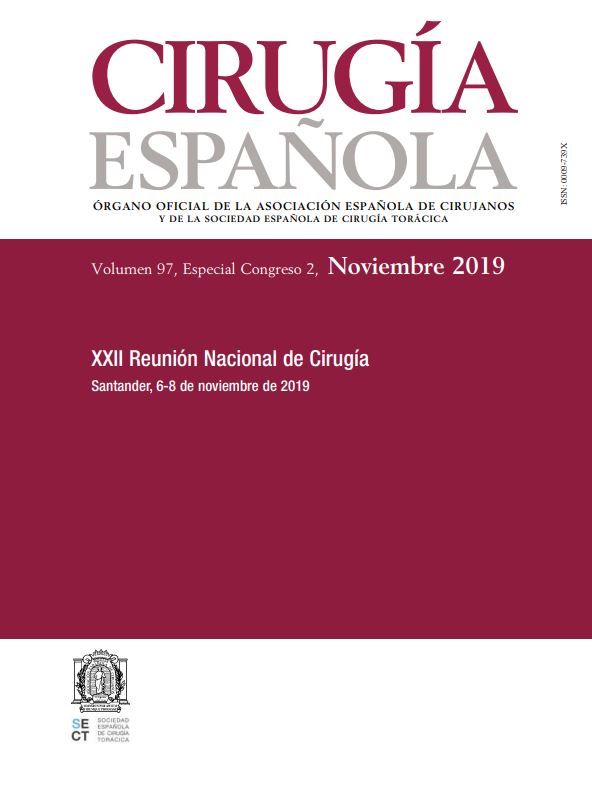P-323 - ROBOTIC ASSISTED GASTRECTOMY COMPARED WITH OPEN RESECTION: A COMPARATIVE STUDY OF CLINICAL OUTCOMES AND COSTS-EFFECTIVENESS ANALYSIS
Hospital de Madrid Norte-Sanchinarro, Madrid.
Introduction: We have therefore carried out a prospective comparative study of robotic gastrectomy (RG) and open gastrectomy (OG) performed at our centre with the aim of evaluating the cost-effective outcomes of robotic versus open surgery.
Methods: This is an observational, comparative non-randomized study which includes patients undergoing RG y OG from February 2011 to February 2019 at the Sanchinarro University Hospital, Madrid. Outcome parameters included surgical and post-operative costs, quality adjusted life years (QALY) and incremental cost per QALY gained or the incremental cost effectiveness ratio (ICER). The primary end-point was to compare cost effectiveness between both groups. A willingness-to-pay of 20,000 € and 30,000 € per QALY was used as a threshold to determine the most cost-effective treatment.
Results: Robotic resection resulted in less blood loss, shorter postoperative hospital stay, and a longer operating time. The two groups had similar complication rates. Pathological data were similar for both procedures. Operative costs are higher in the RG group but hospitalization costs are shorter than OG. The acceptability curve shows that RG had a higher probability of being more cost-effective than OG. The results of the tornado diagram demonstrate a significant uncertainty in the input cost, but not especially in input of health status (QALYs).
Conclusions: Robotic gastrectomy for locally advanced gastric carcinoma is safe, and long-term outcomes are comparable to those patients who underwent open resection. This study provides data of cost-effectiveness differences between the RG and OG approaches showing a benefit for RG.








